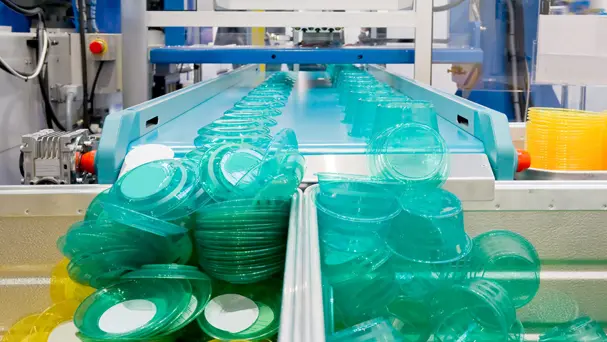‘As we consume more products, we consume more packaging. It’s basic maths,’ Dominic Cakebread of research firm GlobalData told the Paper & Plastics Recycling Conference. ‘We eat out with friends and we’re frequently on the go for work. We eat and drink the evidence, you might say. Our behaviour changes the whole dynamic for packaging. And ultimately, for recycling.’
At a time of sophisticated technology, growing recycling partnerships and increased government and consumer awareness over recycling – there is one question that remains: what more can be done? More specifically, can we do enough quickly enough? These talking points formed the foundation for a lively debate at the annual gathering, held this year in Prague in the Czech Republic.
Ahead of the curve
Cakebread acknowledged there was an increased focus on materials recovery at government level and in schools but, for producers, the three Rs still seemed like a mandatory chapter in their annual sustainability report. ‘Big companies do take recycling more seriously but, on the whole, they are facing more competition and more demanding consumers,’ the analyst argued.

‘At the end of the day, producers are thinking mainly of staying ahead of the curve. So they give us customisable packaging, luxury packaging, seasonal packaging – most of which is multi-layer packaging,’ Cakebread said. ‘They are busy building relationships between brands and consumers. We now need to ensure that we can build a relationship between brands and recyclers,’ he added.
He suggested that ‘cheap’ flexible packaging replacing rigid packaging was no longer just a trend but a real issue. ‘Just think of those 45 billion stand-up drink and yogurt pouches that were produced across Europe last year.’
The rise of bio-plastics
Meanwhile, Cakebread said, the anti-plastics lobby seemed to go hand-in-hand with calls for more bio-plastics and bio-degradable materials. The global market value of biodegradable plastics exceeded the US$1.1 billion mark this year, according to a new report by IHS Markit.
‘Bio-degradable plastics are a very small niche at the moment and I am sceptical that they will ever become mainstream,’ he told delegates, pointing out that bio-derived plastics used more materials than regular plastic products. ‘So you tell me: is a bio-bottle really an improvement? It ends up on the same pile anyway.’
Don't hesitate to contact us to share your input and ideas. Subscribe to the magazine or (free) newsletter.



